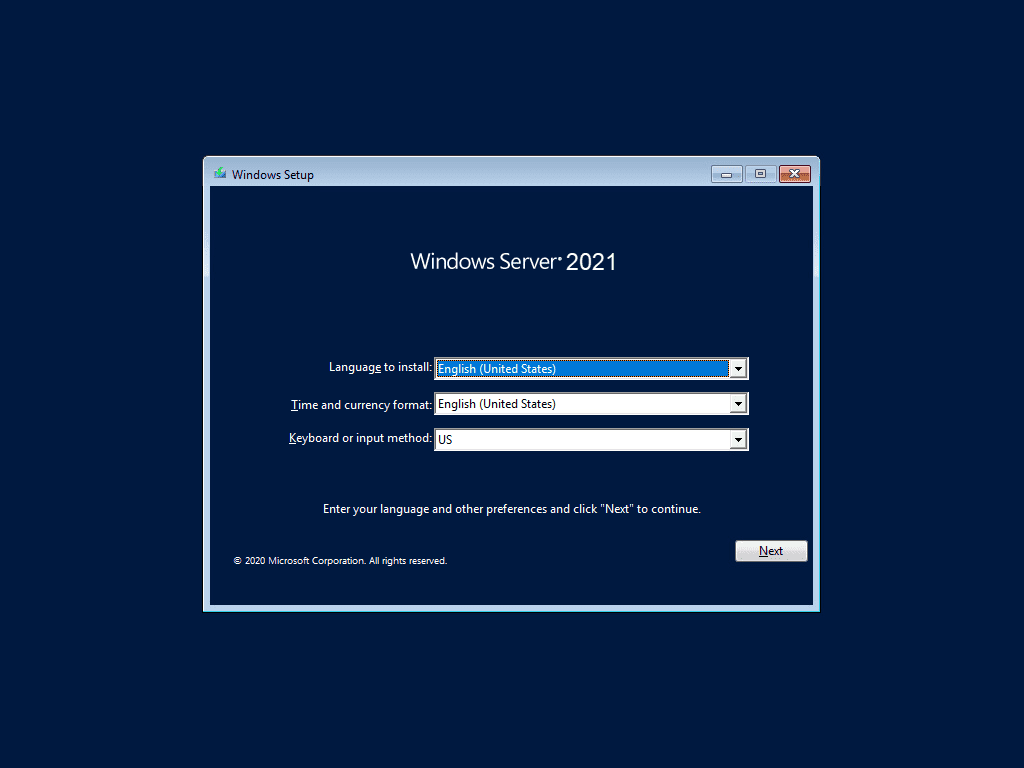Unlocking Potential: The Surprising Benefits of Windows Server for Your Business
In today's fast-paced digital landscape, businesses are constantly seeking innovative solutions to enhance productivity and efficiency. One of the powerful tools that can help achieve these goals is Windows Server. This robust operating system offers a multitude of features designed not just for large enterprises, but also for small and medium-sized businesses looking to unlock their true potential.

From improved security measures to streamlined processes, Windows Server provides a platform that can transform your IT infrastructure. By integrating this technology into your operations, you open the door to greater collaboration, enhanced data management, and a more responsive approach to the demands of your industry. Discovering the surprising benefits of Windows Server can set your business on a path to success that you may not have considered before.
Enhanced Security Features
Windows Server offers a robust security framework that is vital for safeguarding sensitive business data. With built-in security measures such as Windows Defender, organizations can benefit from real-time protection against malware and other cyber threats. By using advanced threat detection technologies, Windows Server continuously monitors for unusual activity, allowing businesses to respond swiftly to potential security breaches.
Moreover, Windows Server includes features like Active Directory, which enhances access control and identity management. This allows administrators to set precise permissions and restrict access to sensitive information based on roles within the organization. By implementing these security protocols, businesses can fortify their defenses and reduce the risk of unauthorized access.
Finally, Windows Server provides regular security updates and patches, ensuring that systems remain protected against newly discovered vulnerabilities. This proactive approach to security ensures that businesses can operate with peace of mind, knowing their data and systems are safeguarded against evolving cyber threats. By leveraging these enhanced security features, organizations can focus on their core operations without the constant worry of security breaches.
Improved Collaboration Tools
Windows Server provides a robust environment that fosters better teamwork among employees. With features like Active Directory, organizations can easily manage user permissions and access to shared resources. This ensures that team members can securely collaborate on projects, share files, and utilize applications without facing unnecessary barriers. Windows Server 2025 of various collaboration tools within the Windows Server ecosystem enhances communication and workflow.
Moreover, Windows Server supports various applications that enable real-time collaboration. Tools such as Microsoft Teams and SharePoint can be effectively utilized within a Windows Server infrastructure, allowing employees to connect, share, and collaborate effortlessly. These platforms offer functionalities such as chat, video conferencing, and document sharing, which significantly improve overall productivity as teams can work together, regardless of their physical locations.
Additionally, centralized data management in Windows Server simplifies the collaboration process. By storing files on a centralized server, employees can access the latest versions of documents and resources without confusion. This eliminates version control issues and inefficiencies often caused by multiple copies of files circulating among team members. As a result, Windows Server not only enhances collaboration but also contributes to a more organized and efficient business environment.
Scalability and Flexibility
Windows Server offers exceptional scalability, allowing businesses to grow their IT infrastructure without significant hurdles. Whether a company is expanding its operations, adding new branches, or simply increasing the number of users, Windows Server can easily accommodate these changes. The ability to scale up or down based on current needs ensures that businesses only pay for what they use, optimizing costs and resources.
The flexibility of Windows Server is another crucial advantage. It supports various applications and services, enabling organizations to tailor their environments to specific requirements. With features like virtualization and container support, businesses can create isolated environments for different applications, improving efficiency and simplifying management. This adaptability ensures that as market demands shift, businesses can respond with agility.
Moreover, Windows Server integrates seamlessly with cloud services, further enhancing its flexibility. Companies can combine on-premises resources with cloud solutions, creating hybrid environments that maximize performance and reliability. This integration not only helps businesses leverage existing investments but also enables them to innovate and deploy new solutions swiftly, keeping them competitive in the ever-evolving marketplace.